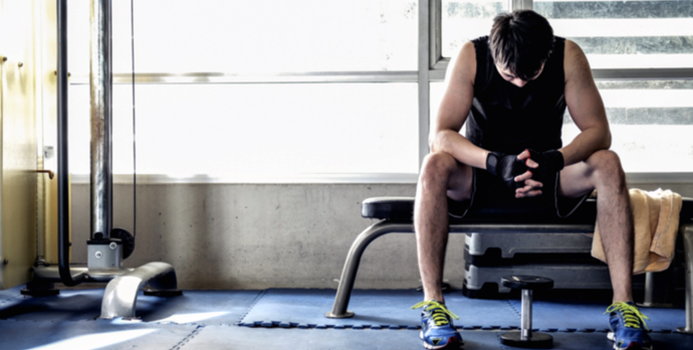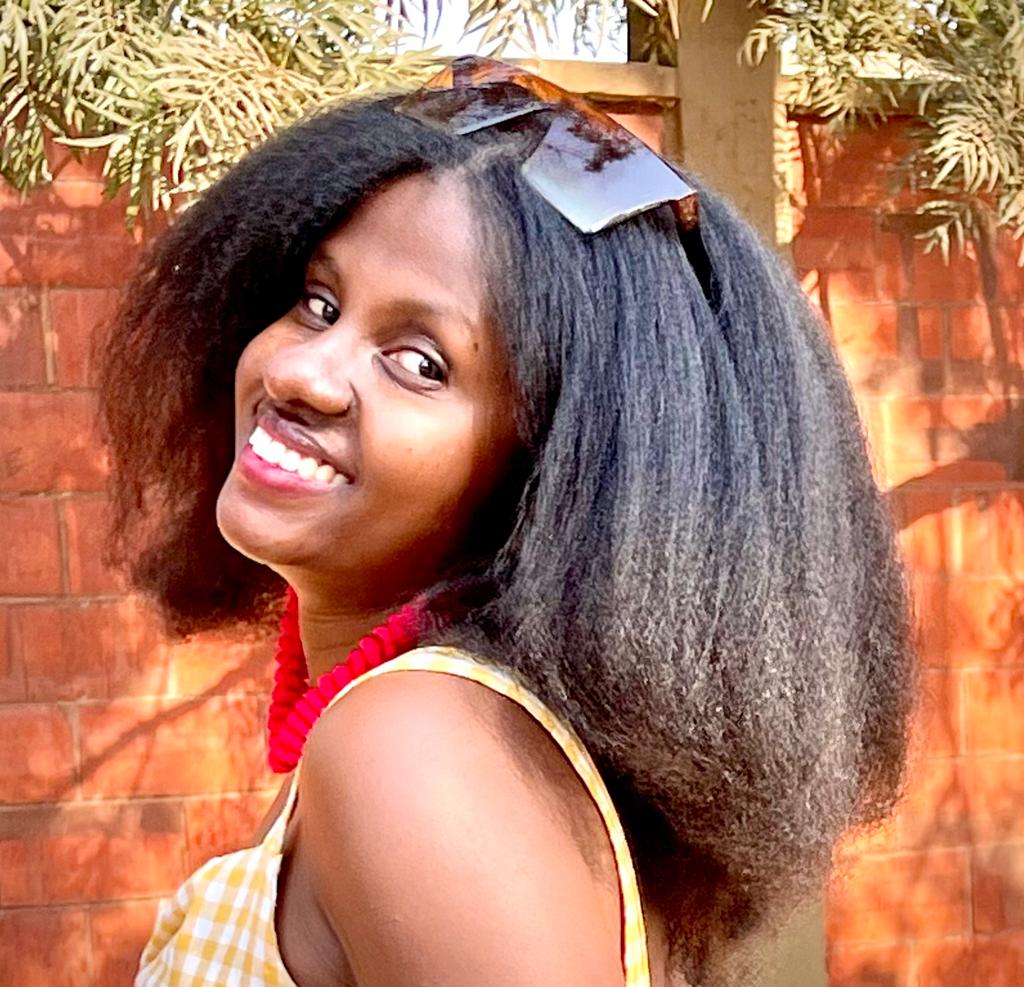

We all have a habit that we want to drop, but may not know how, some of these can be nail-biting, missing meals, gossiping, procrastinating, laziness, checking the phone in the middle of conversations, always running late, binge-watching, emotional eating, borrowing, disorganisation, lying, addictions, the list is endless.
Bad habits are negative behaviour patterns and they can inhibit one’s potential, lead to poor decisions or loss of friends, make one miss great opportunities, cause sickness, and much more.
Discovering that the habit is bad and taking action for your behaviour are the first steps to knowing that you can break free.
Joel Lubandi, a content creator and a sales and marketing manager, says that the danger is in not knowing the habit, as that way, you find no problem in what you do. He believes that some habits are quite obvious and we actually know the repercussions, but they seem too ‘sweet’ to let go of.
He says that dropping a habit does not happen overnight, rather, it is a process and he is certain that one should try to weigh the benefits and detriments of such habits.
For example, he notes that if you enjoy sleeping in the morning instead of exercising yet your plan is to lose weight and be fit, you must choose what is healthy for you. And even if you kick-start, consistency is key.
Lubandi explains that sometimes you may find yourself repeating the same habit, its normal but try to replace it with healthy habits.
For example, he says that you can swap binge-watching with socialising with friends, reading books, cooking, taking a walk, or other activities that can occupy you and divert your attention to better things. If possible, he says, take on a new course if you have time on your hands.
He also further says to let your friends hold you accountable, if it needs paying some fines whenever you’re found in the habit, do so, and be true to yourself by not sneaking away to do it when they are away as discipline can lead to positive change.
Lubandi says give credit or a treat to yourself if you meet a target, for instance, if you want to drop procrastination, give yourself a specific period to test how far you can go without postponement, maybe five months or a year, once you meet the target, then appreciate yourself in any way you want. He is certain that in doing so, it will eventually lead to transformed behaviour.
He also points out that sometimes you can’t get rid of a habit until you change the environment and the people that trigger it. That is to say, you can’t quit smoking if you mostly hang out with smokers.
Healthline says that there are a few theories around how habits develop. The idea of the 3 Rs is one of the main ones, such as reminder which is defined as a trigger, or cue, that could be a conscious behaviour, such as flushing the toilet, or a feeling, such as nervousness.
"Secondly is routine. This is the behaviour associated with the trigger. Flushing the toilet cues you to wash your hands, while feeling nervous triggers biting your nails. Doing something over and over can make the behaviour routine, and lastly, is reward. The reward associated with a behaviour also helps make a habit stick. If you do something that causes enjoyment or relieves distress, the pleasurable release of dopamine in your brain can make you want to do it again.”


